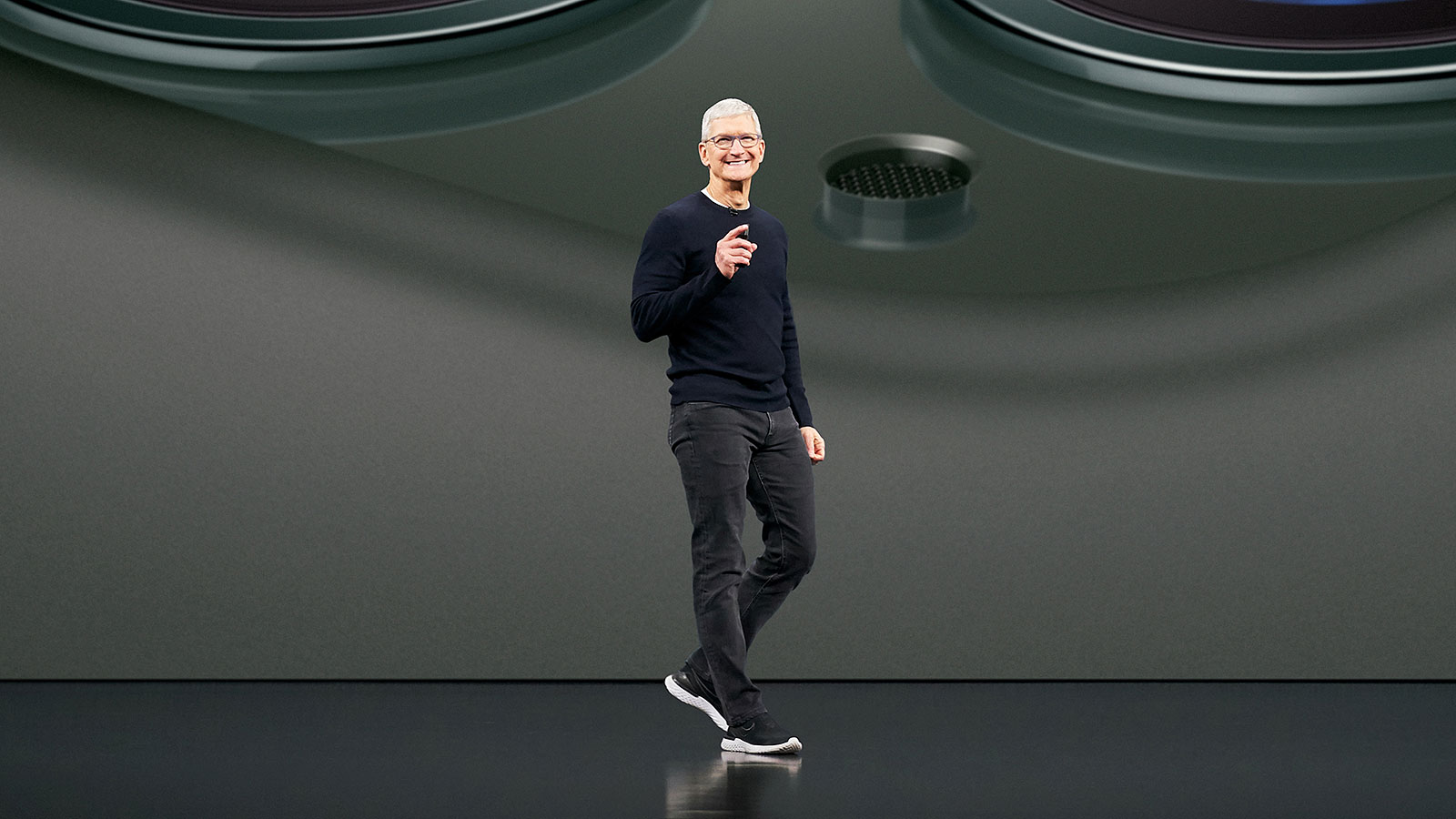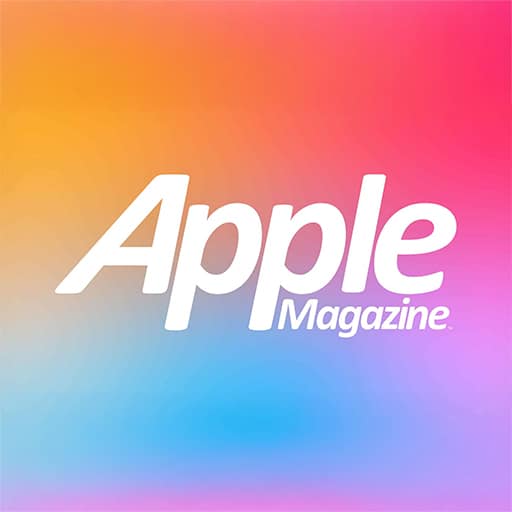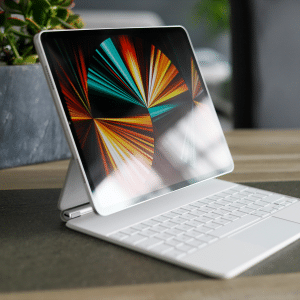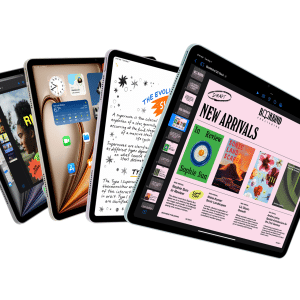For years, Apple’s September event has been a staple in the tech world, setting the stage for new iPhone releases, Apple Watches, and occasionally other products like iPads and MacBooks. These events not only showcase Apple’s latest hardware but also set trends in the industry. However, the news of a potential Apple September event delay has taken the community by surprise.
The reasons for a delay could range from supply chain issues to strategic shifts in Apple’s product launch schedule. Apple’s supply chain has faced significant challenges in recent years, from the global chip shortage to geopolitical tensions affecting production facilities. Another possible reason could be software readiness; if iOS or macOS updates are not fully ready for launch, Apple may decide to push back the event.
What Products Are Affected?
iPhone 16 Series
A delay would most prominently impact the launch of the iPhone 16 series, which is widely expected to be the centerpiece of the event. The iPhone 16 lineup is rumored to include significant upgrades, such as improved camera technology, new color options, and even better battery performance. A delay in the Apple September event would naturally push back the release date of these highly anticipated smartphones, affecting potential buyers and Apple’s sales forecasts.
Apple Watch Series 10
The Apple Watch is another regular at the September event. The Apple Watch Series 10 is expected to introduce new health features, better battery life, and perhaps a new design language. If the Apple September event delay materializes, it could mean a later launch for this product as well, disrupting holiday season plans for both Apple and consumers.
Other Potential Announcements
In addition to the iPhone and Apple Watch, Apple often uses its September event to launch updates to other product lines, such as the iPad, AirPods, and even software updates like iOS 18. A delay could impact the release timeline for these products as well, creating a ripple effect throughout Apple’s entire product lineup.
The Impact on Apple’s Business Strategy
A delay in the September event could have financial ramifications for Apple. The September event typically drives a significant portion of Apple’s annual revenue through pre-orders and early sales of new devices. If the Apple September event delay leads to a later launch date for key products, it could affect Apple’s quarterly earnings and stock performance.
Apple’s competitors, such as Samsung, Google, and Huawei, often time their releases around Apple’s September event to avoid direct competition. A delay could allow these competitors to capture more market attention and share. If Apple decides to move its event to a later date, it could face stiff competition from other tech giants who might fill the void.
Alternative Event Dates
If the Apple September event delay becomes a reality, Apple could consider alternative dates in October or even November. This would not be unprecedented, as Apple has held October events in the past, mainly focused on MacBooks and iPads. A later date could allow more time for software refinement and supply chain stabilization.
Possible Event Format Changes
Apple could also change the format of the event. Instead of a single grand unveiling, Apple might opt for a series of smaller, more focused events. This would allow the company to spread out its announcements and maintain consumer interest over a longer period, rather than packing all news into one big event.
What to Expect for iOS and macOS Updates
Apple’s software updates, such as iOS 18 and macOS Sequoia, are usually released shortly after the September event. A delay would likely push back the release dates for these operating systems as well. Users might have to wait longer to access new features, such as enhanced privacy settings, multitasking improvements, and better integration across Apple devices.
The delay of iOS and macOS updates would also impact developers who rely on these updates to roll out new app features and improvements. A delay in the Apple September event would mean a longer wait for both developers and users to experience the latest advancements in Apple’s software offerings.
While much of the focus is on hardware, Apple could use the potential delay to refine new service offerings or partnerships. For instance, Apple could announce expansions to its Apple TV+ library, new Apple Arcade games, or even new financial services through Apple Pay and the Apple Card. These announcements could still make headlines, even if the event is pushed back.
Sneak Peeks or Early Teasers
To manage the narrative around the Apple September event delay, Apple might consider offering sneak peeks or teasers for their upcoming products. This could include a brief look at the new iPhone design or a teaser for the Apple Watch Series 10, helping to keep excitement levels high while managing expectations around the delay.
The rumors surrounding an Apple September event delay have stirred quite a bit of speculation in the tech community. While the reasons behind such a delay could vary, from supply chain constraints to strategic changes, the implications are clear. Delays could impact product release timelines, Apple’s financial performance, and even the competitive landscape in the tech world. As Apple fans and industry watchers await official confirmation, the potential delay underscores the complexities involved in maintaining Apple’s renowned product launch schedule.













